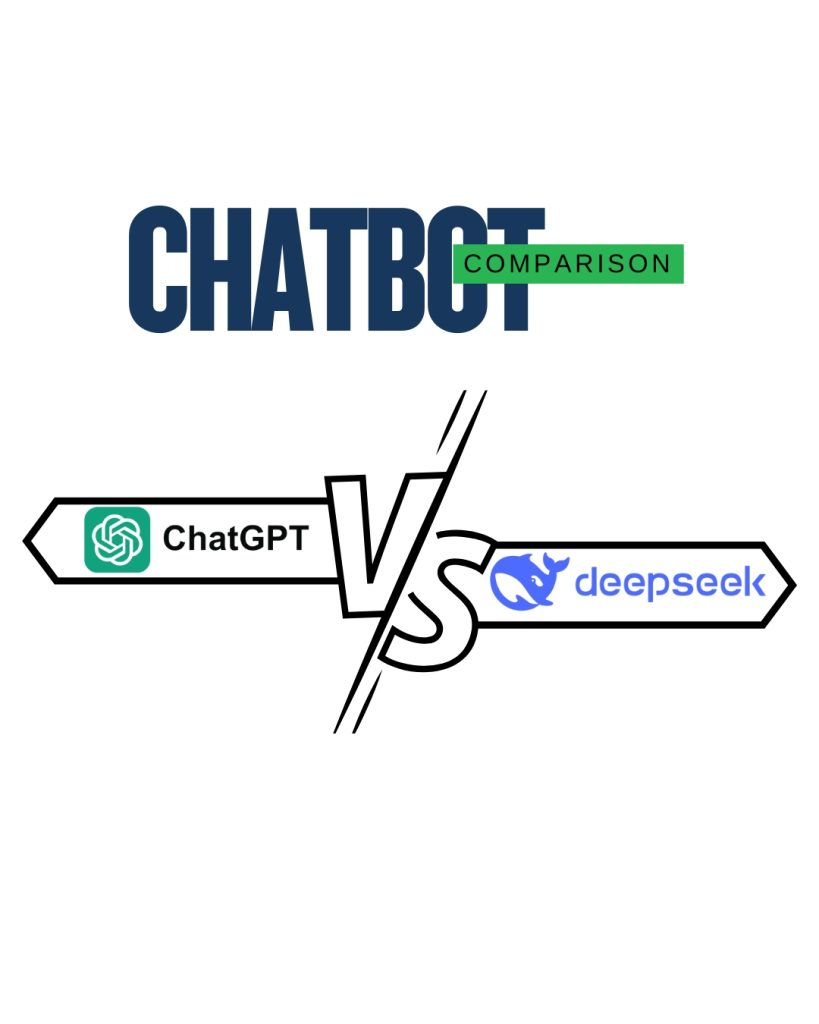AI’s Role in Digital Marketing
Artificial Intelligence (AI) is increasingly becoming a cornerstone of digital marketing, enabling marketers to optimize their strategies effectively. The integration of AI technologies allows for comprehensive data analysis, providing marketers with valuable consumer insights that were previously difficult to obtain. Through machine learning algorithms and predictive analytics, AI can process vast quantities of data, identifying trends and patterns that inform marketing strategies in real time.
One of the primary advantages of utilizing AI in digital marketing is its ability to enhance personalization. By analyzing consumer behavior and preferences, AI can tailor content and recommendations to individual users, increasing engagement and conversion rates. This granularity of information is critical as consumers are more likely to respond to marketing efforts that resonate with their specific interests and needs. Consequently, businesses can achieve higher levels of accuracy in targeting their audiences.
Moreover, AI streamlines campaign creation and management processes. Automated tools can handle repetitive tasks such as segmenting audiences, allocating budgets, and optimizing ad placements across various platforms. This efficiency allows marketers to focus on strategy and creativity, thus maximizing the overall effectiveness of their campaigns. However, while the benefits of AI are significant, it is essential to be cognizant of the challenges that accompany its usage.
Data privacy concerns remain a critical issue as companies utilize AI to gather and analyze consumer data. Marketers must navigate regulations and ensure ethical practices to maintain consumer trust. Additionally, the reliance on AI systems necessitates continuous updates and maintenance, which can strain resources, particularly for smaller businesses. In conclusion, understanding AI’s role in digital marketing involves recognizing both the opportunities it presents and the complexities it introduces. Marketers who embrace AI will not only improve their capabilities but also contribute to a more data-driven approach within the industry.

What is an AI Digital Marketing Strategy?
An AI digital marketing strategy refers to the integration of artificial intelligence technologies into marketing practices, aiming to optimize the effectiveness of marketing efforts. Unlike traditional marketing strategies, which often rely heavily on human intuition and manual processing of data, AI-driven approaches leverage advanced algorithms and data analytics to inform decisions. This shift enables marketers to enhance their understanding of consumer behavior and preferences, delivering more tailored and impactful experiences to their audiences.
At the heart of an AI digital marketing strategy is the use of various AI tools that can analyze large volumes of data at unprecedented speeds. These tools facilitate predictive analytics, customer segmentation, and automated content creation, among other capabilities. By utilizing such technologies, marketers can discern patterns and trends that may otherwise remain unseen, allowing for more precise targeting and personalization. For instance, AI-powered chatbots can provide real-time customer engagement, responding to inquiries and guiding users through the sales funnel, all while collecting vital customer data for ongoing analysis.
Moreover, aligning AI capabilities with specific marketing objectives is crucial in an effective AI digital marketing strategy. This alignment ensures that the insights generated by AI are actionable and relevant, addressing the unique challenges faced by businesses in a digital landscape. It is essential for marketers to identify their key performance indicators (KPIs) and desired outcomes before implementing AI solutions. By doing so, organizations can effectively harness AI tools to boost brand awareness, customer retention, and overall conversion rates.
In conclusion, an AI digital marketing strategy capitalizes on the strengths of artificial intelligence, setting it apart from conventional methods. By integrating AI tools and ensuring that they align with defined marketing goals, businesses can significantly enhance their marketing endeavors, achieving higher levels of efficiency and effectiveness in reaching their target audiences.
Essential AI Digital Marketing Tools
As the integration of artificial intelligence into digital marketing continues to evolve, several tools have emerged that cater to various needs within the industry. These tools can be categorized based on their functionalities such as automated content generation, customer segmentation, and performance tracking. Understanding these categories and the specific tools within them can greatly enhance the effectiveness of marketing campaigns.
One of the most prominent categories is automated content generation. Tools like Jarvis or Copy.ai utilize advanced algorithms to create high-quality content tailored to specific audiences. These platforms are not just designed for generating text; they can also assist with ideation, ensuring that marketers can continuously produce engaging material. By employing such tools, businesses can save time and resources while maintaining a consistent content output.
Another crucial area in AI digital marketing is customer segmentation. Platforms such as Segment and Optimove enable businesses to analyze customer data and behaviors, facilitating more targeted marketing efforts. These tools employ machine learning models to identify distinct customer segments, allowing for personalized marketing strategies that can lead to higher engagement and conversion rates. By understanding their audience better, marketers can create campaigns that resonate on a deeper level.
Performance tracking tools like HubSpot and Google Analytics have also been enhanced by AI technologies. They provide businesses with invaluable insights into campaign performance and customer interactions across various touchpoints. These platforms help marketers optimize their strategies by offering predictive analytics, which can forecast future trends and behaviors based on historical data. The result is a more proactive approach to marketing, allowing for adjustments that drive better results.
The landscape of AI digital marketing tools is continuously changing, providing innovative solutions to meet the demands of an ever-evolving marketplace. By leveraging these tools effectively, businesses can enhance their marketing strategies and achieve more significant impacts in their campaigns.
Steps to Create an Effective AI Digital Marketing Strategy
Creating an effective AI digital marketing strategy necessitates a systematic approach that encompasses various critical components. The initial step involves defining clear and measurable marketing goals. Establishing these objectives is essential as they serve as the foundation for all subsequent decisions regarding AI tools and tactics. Whether aiming to increase brand awareness, generate leads, or improve customer engagement, having well-defined goals enables marketers to focus their AI efforts on areas that will yield the best results.
Following goal setting, the next crucial aspect is identifying the target audiences. Understanding potential customers’ preferences, behaviors, and demographics allows marketers to customize AI solutions that resonate with specific segments. Leveraging data analytics can facilitate deeper insights into audience characteristics, enabling more effective targeting. This targeted approach ensures that AI applications, such as chatbots or personalization algorithms, meet the actual needs and preferences of consumers, resulting in enhanced user experiences.
Once goals and target audiences are established, the integration of AI tools into the marketing strategy becomes pivotal. Various AI technologies—such as machine learning, predictive analytics, and natural language processing—can be utilized to automate repetitive tasks, analyze large datasets, and enhance user interaction. It is essential to select tools that align with the organization’s overall marketing objectives, ensuring that the deployment of AI is purposeful and efficient.
Measuring success is another critical element of an AI digital marketing strategy. It is vital to establish key performance indicators (KPIs) that reflect the effectiveness of the AI initiatives against the defined goals. Regular evaluation, through metrics like conversion rates, customer satisfaction scores, and ROI, allows marketers to gauge the impact of AI and make necessary adjustments. Adapting strategies based on performance data fosters a culture of continuous improvement, ensuring the marketing efforts remain relevant and effective over time.
Implementing AI in Your Digital Marketing Strategy
The integration of Artificial Intelligence (AI) in digital marketing strategies offers businesses a profound opportunity to enhance their marketing efforts. However, the successful implementation of AI tools requires careful planning and consideration. One of the most effective methods to begin this process is through pilot programs. By selecting a specific marketing campaign or aspect of your strategy to test AI tools, you can evaluate their effectiveness without jeopardizing your entire operation. This approach allows marketers to gather data, assess outcomes, and make informed decisions moving forward.
Another key factor in the successful adoption of AI in digital marketing is staff training. It is essential that marketing teams grasp the capabilities and functionalities of the AI tools they are using. Investing in comprehensive training sessions ensures that employees are equipped with the necessary knowledge to leverage these technologies effectively. This promotes not only a smoother transition but also encourages acceptance of AI as a valuable asset within your marketing framework.
It is equally important to focus on technology integration. Determine how AI can complement existing marketing solutions rather than replace them. For instance, AI can analyze customer data to provide personalized content suggestions that align with human-driven marketing initiatives. By understanding the synergy between human insight and AI analytics, companies can develop a more cohesive and efficient marketing strategy that drives results.
Furthermore, keeping an open line of communication among team members throughout the implementation process is crucial. This allows for the sharing of feedback and insights, facilitating a more collaborative environment conducive to innovation. In summary, by leveraging pilot programs, providing adequate training, and ensuring seamless technology integration, businesses can effectively harness the power of AI in their digital marketing strategies without disrupting their current practices. These steps will enhance overall marketing efforts and position companies for long-term success in an increasingly competitive landscape.
Measuring the Success of Your AI Digital Marketing Strategy
Evaluating the effectiveness of an AI-driven marketing strategy is crucial for understanding its impact on business objectives and overall performance. To achieve this, marketers should identify and track key performance indicators (KPIs) that directly relate to their marketing goals. Common KPIs in the realm of AI digital marketing include conversion rates, customer acquisition cost (CAC), return on investment (ROI), and customer lifetime value (CLV). By selecting relevant KPIs, businesses can gain valuable insights into how well their AI initiatives are performing.
In addition to tracking KPIs, harnessing data analytics plays a pivotal role in measuring success. AI tools can analyze large datasets to reveal patterns and trends that inform marketing strategies. Utilizing predictive analytics allows marketers to forecast how changes in their strategy might influence customer behavior and purchasing decisions. By employing such analytics, businesses can optimize their campaigns in real-time, ensuring that they target the right audience with the most effective messages.
Customer feedback also serves as a vital element in evaluating the success of marketing strategies powered by AI. By actively seeking customer insights through surveys, reviews, and social media interactions, marketers can discern how their campaigns are received and where adjustments may be necessary. This feedback loop creates an opportunity for continuous improvement, allowing marketers to refine their AI strategies based on real user experiences.
Moreover, iterating and improving upon marketing strategies rooted in AI should be an ongoing process. With the ability to process and analyze data in real-time, AI tools enable marketers to tweak their strategies based on performance metrics and feedback, enhancing overall effectiveness consistently. Thus, a well-structured approach to measuring the success of an AI digital marketing strategy is essential for achieving desired business outcomes.
Future Trends of AI in Digital Marketing
The landscape of digital marketing is undergoing a transformation driven by advancements in artificial intelligence (AI). As we look towards the future, several emerging trends indicate the profound implications AI will have on marketing strategies and consumer engagement. One notable trend is the continued evolution of personalized marketing, where AI enables businesses to analyze vast amounts of consumer data to craft targeted campaigns. This level of customization not only enhances user experience but also significantly improves conversion rates.
Another significant trend is the rise of AI-powered chatbots and virtual assistants. These technologies are evolving to provide more sophisticated interactions with consumers, offering real-time customer support, personalized recommendations, and even facilitating transactions. This shift underscores a broader change in consumer behavior, where instant gratification and personalized communication are expected. As these tools become more refined, businesses will need to adapt their strategies to include seamless integration of AI solutions that enhance customer service.
Moreover, predictive analytics is set to dominate the digital marketing landscape. By leveraging AI algorithms, marketers can anticipate consumer needs and preferences, allowing for proactive engagement rather than reactive strategies. This capability not only boosts marketing efficiency but also fosters stronger customer relationships as businesses can tailor their offerings based on predicted behaviors.
Finally, ethical considerations regarding AI usage in digital marketing will gain prominence. As consumers become increasingly aware of data privacy issues, businesses must navigate the delicate balance between personalization and privacy. The future will see an emphasis on transparent AI practices to build trust and maintain consumer loyalty. Overall, businesses that embrace these emerging trends and strategically implement AI technologies will be well-positioned to thrive in the evolving digital marketing landscape.

